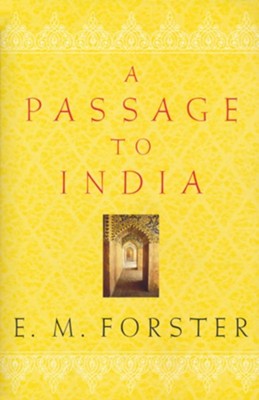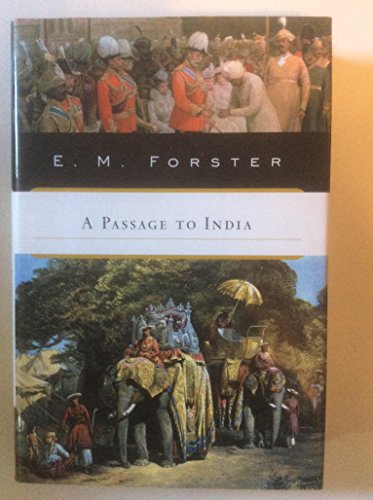

Forster was from the start interested in elsewhere: he was deeply drawn to foreign landscapes and fascinated by personal relationships born from (and challenged or threatened by) cultural difference.

Haut de pageġAs he explained in “Three Countries”, E.M. The novel opens onto a polyphonic resolution, in the smooth space of chaotic celebration which contrasts with the colonial striated space of the first section but fissures remain, leading to ultimate separation, foregrounding the dilemma faced by a writer defying the Empire's logic yet unable to display the quest for Independence. The trial offers a fascinating case of counter-interpellation, as Adela manages to step out of the part the British community imposes upon her. However, incipient friendships are challenged by the traumatic encounter with ultimate otherness in the Marabar caves, triggering a phantasmatic series of representations which recall and expose gendered colonial stereotypes. This paper studies the way in which in A Passage to India both narration and characters seek to deconstruct colonial interpellation, from landscape painting to sudden encounters which allow a more spontaneous kind of intercourse. Forster had access to an India which allowed him to challenge Anglo-Indian prejudices. Through close friendships with a Moslem student and a Hindu Maharadja, E.M. La dernière section s'ouvre à la pluralité polyphonique pour proposer une résolution qui imploce dans le morcellement ultime des inconciliables différences culturelles, révélant l'aporie au cœur d'une œuvre qui se veut anti-coloniale mais occulte en majeure partie le mouvement pour l'Indépendance.

Forster déconstruit la peinture orientaliste des paysages pour explorer l'interstice des rencontres impromptues, et opposer aux constructions idéologiques qui suivent la visite traumatisante des grottes de Marabar le dispositif du procès, qui suscite paradoxalement des modalités de contre-interpellation. Publié en 1924, A Passage to India transpose l'expérience biographique pour explorer les failles de l'Inde coloniale, notamment les modalités d'interpellation qui viennent sans cesse entraver les relations humaines. Forster n'était ni celle d'un touriste, ni celle des Anglo-Indiens, puisque l'amitié de Masood d'abord, puis celle du maharaja Tukoji Rao III, lui permirent de connaître plus intimement l'Inde musulmane et hindoue.


 0 kommentar(er)
0 kommentar(er)
